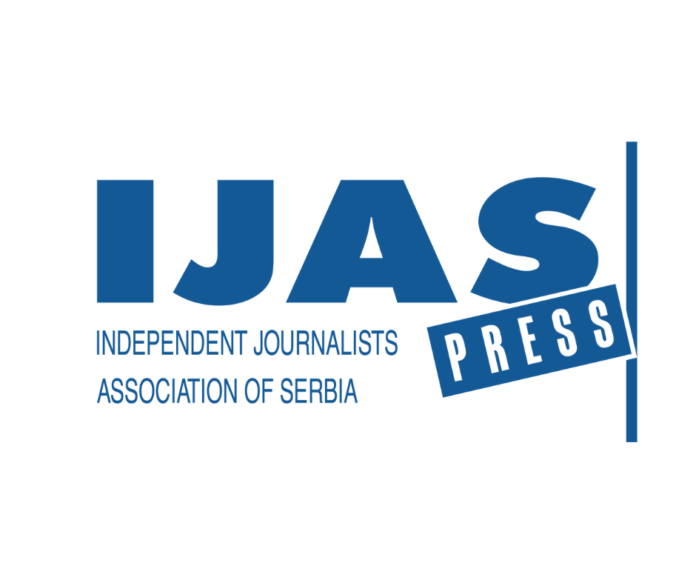After the unprecedented tragedy in Serbia, the mass murder of eight students of the “Vladislav Ribnikar” Elementary School in Belgrade and the guard of that school, and the wounding of six children and their teacher, the Independent Journalists’ Association of Serbia (IJAS) expresses its deepest condolences to the families of the victims.
We invite our colleagues to use their professionalism and show a high degree of responsibility and true empathy to ensure that the consequences of the tragedy do not further disturb the families of the victims who are having the hardest time. Our intention with this appeal is to point out how it is possible to carry out our work honorably even in moments when the profession is facing a great challenge, as well as that it is extremely important in reporting on such events that involve personal pain and shock that journalistic questions reflect a spirit of compassion and discretion.
We remind you that the basic provisions and guidelines of the Serbian Journalists’ Code of Ethics in such tragic events are related to the protection of privacy, especially since the witnesses of the tragedy are minors. The Code establishes our obligation to protect the privacy and identity of the interlocutor, which does not only mean the protection of the name (marking the suspect with initials), but also the protection of other data that could point to his identity.
“Victims and suspects are often unaware of the power of the media. The journalist is obliged to take this into account, and not to abuse the ignorance of his interlocutors; If the victim of a criminal offense agrees to an interview, the journalist must not reveal the identity of the victim or the possible perpetrator based on that interview”, our Code provides, as well as that the journalist is obliged to “respect the privacy, dignity and integrity of the people he/she writes about”.
In the Serbian Journalists’ Code of Ethics it is also written that “a journalist must be aware of the power of the media, that is, of the possible consequences for the victim or the perpetrator if their identity is revealed.”
The tragedy in Belgrade, it is now certain, has grown into a global topic, and it is all the more important to respect the norms prescribed by the Code. One of them says that “even if the competent state authorities publish information that belongs to the domain of privacy of the perpetrator or the victim, the media must not transmit that information.”
“A mistake by state authorities does not imply a ‘permission’ for violating the ethical principles of the profession,” the Code stipulates and indicates that “journalists and editors should especially avoid speculation and conveying insufficiently verifiable views when reporting on accidents and tragedies in which there are casualties or serious affected material and other interests of citizens”.
These are some of the guidelines that remove dilemmas related to the ethical approach to work, whereby IJAS supports the current professional approach of its members and reminds of the obligation to consistently respect them. In this way, our membership, as well as other colleagues engaged in journalistic work, can show commitment to professional frameworks, in difficult moments for society as a whole, when the cracks of the collapsed system appear in a tragic way.
IJAS,
May 4, 2023








